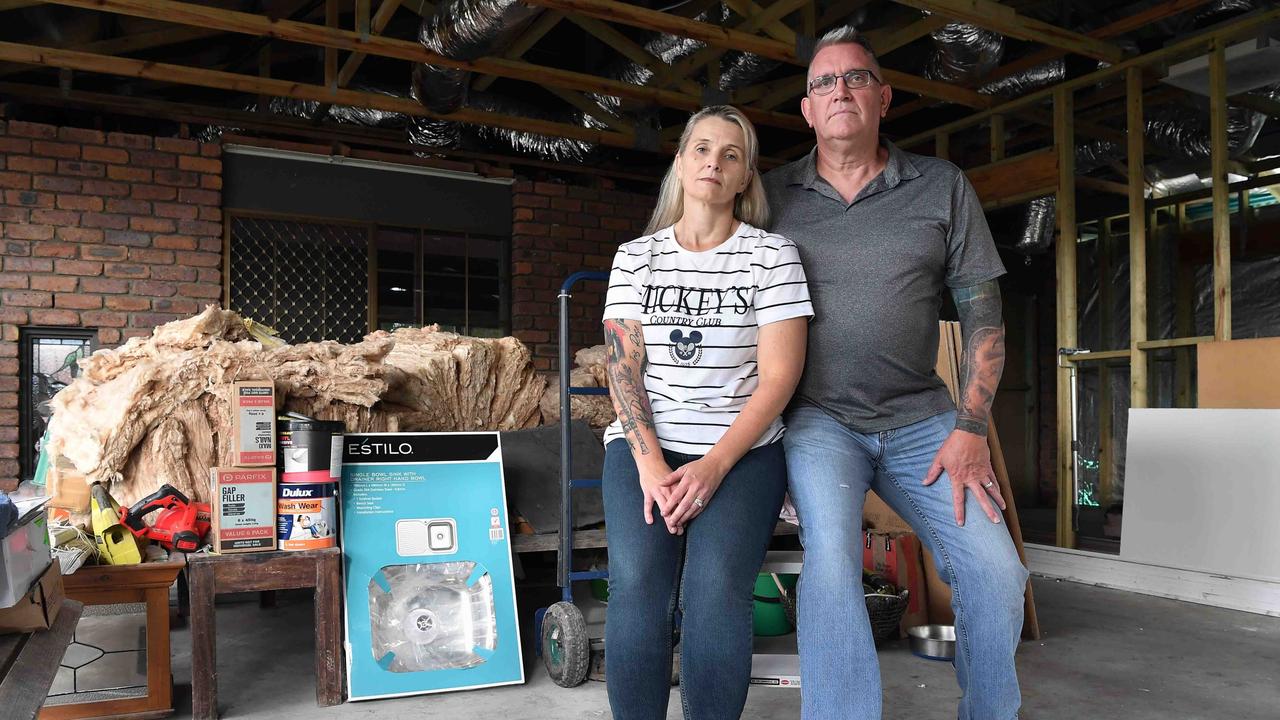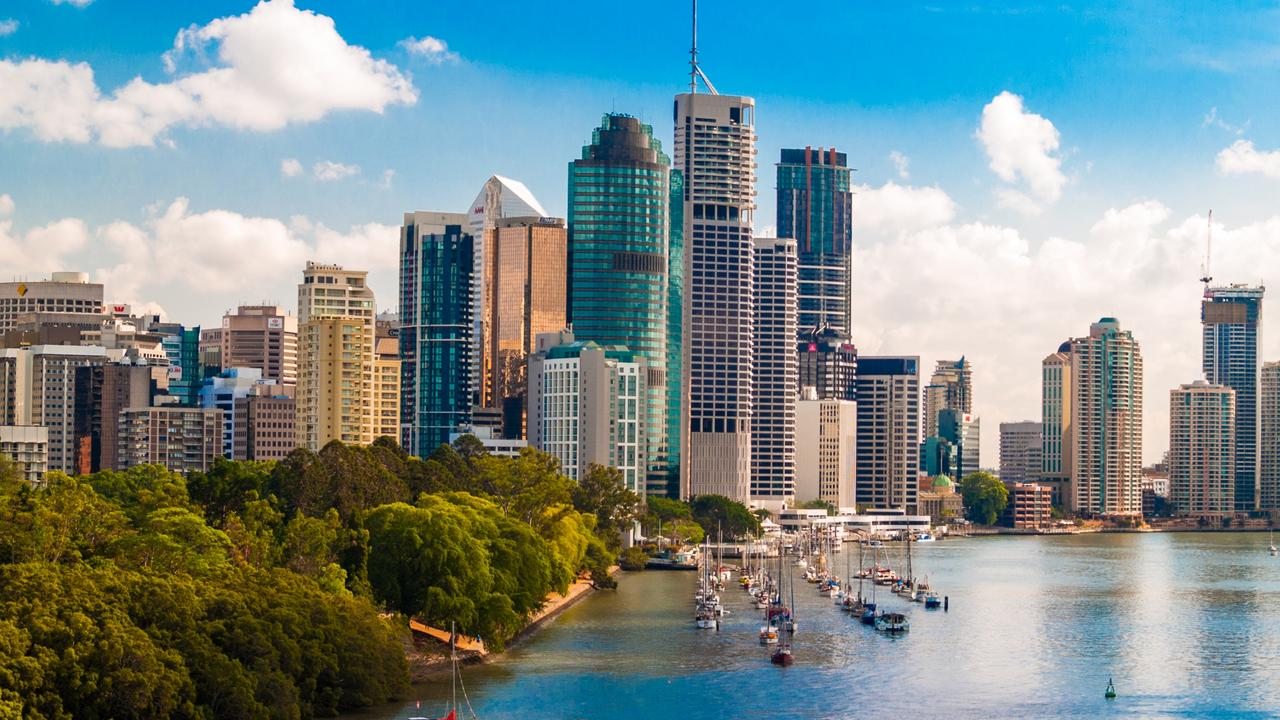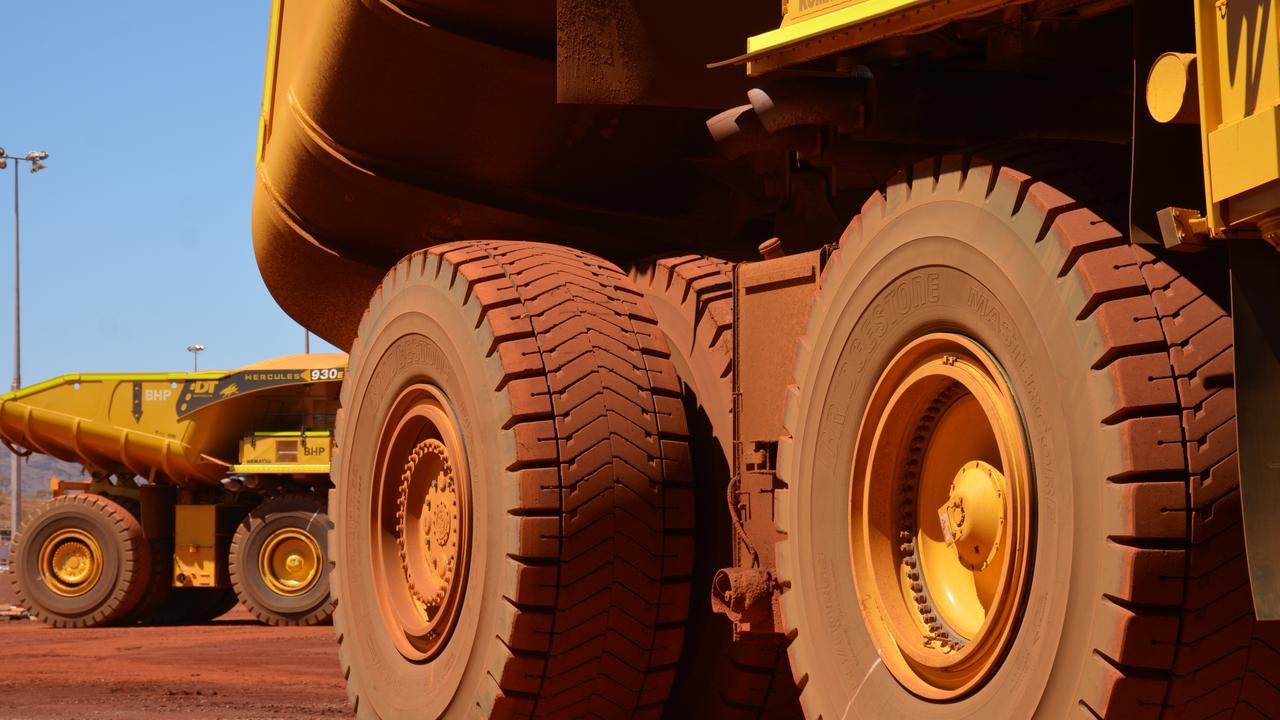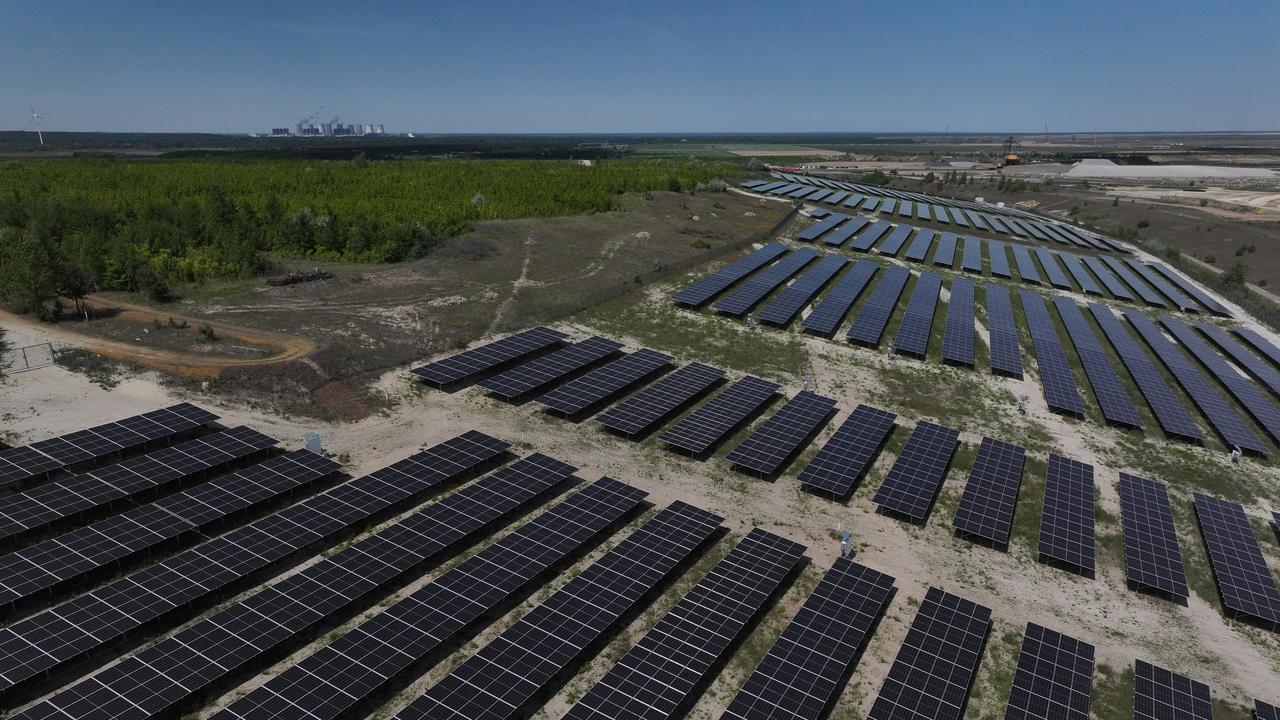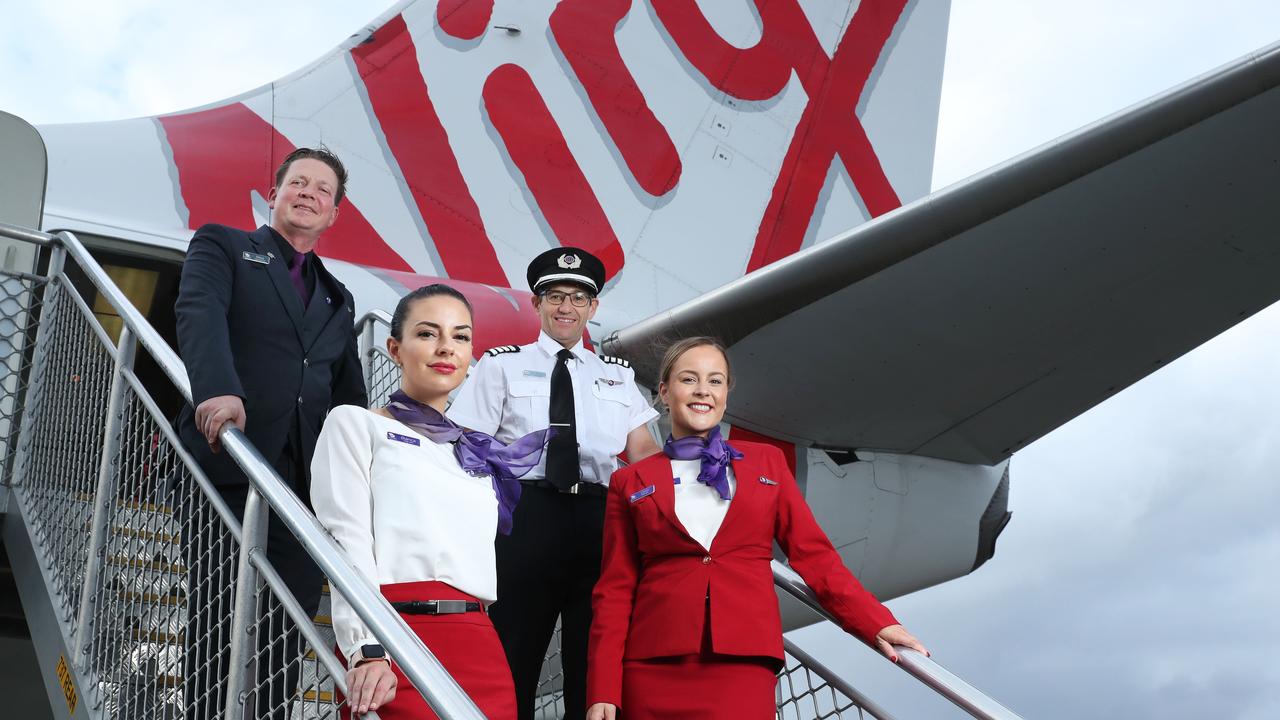Santos CEO likens Victoria to North Korea in attitude and appeal for investment
Kevin Gallagher’s remarks show mounting frustration with Victoria’s aggressive stance on fossil fuels, even as the state remains reliant on gas to power industry and heat homes.
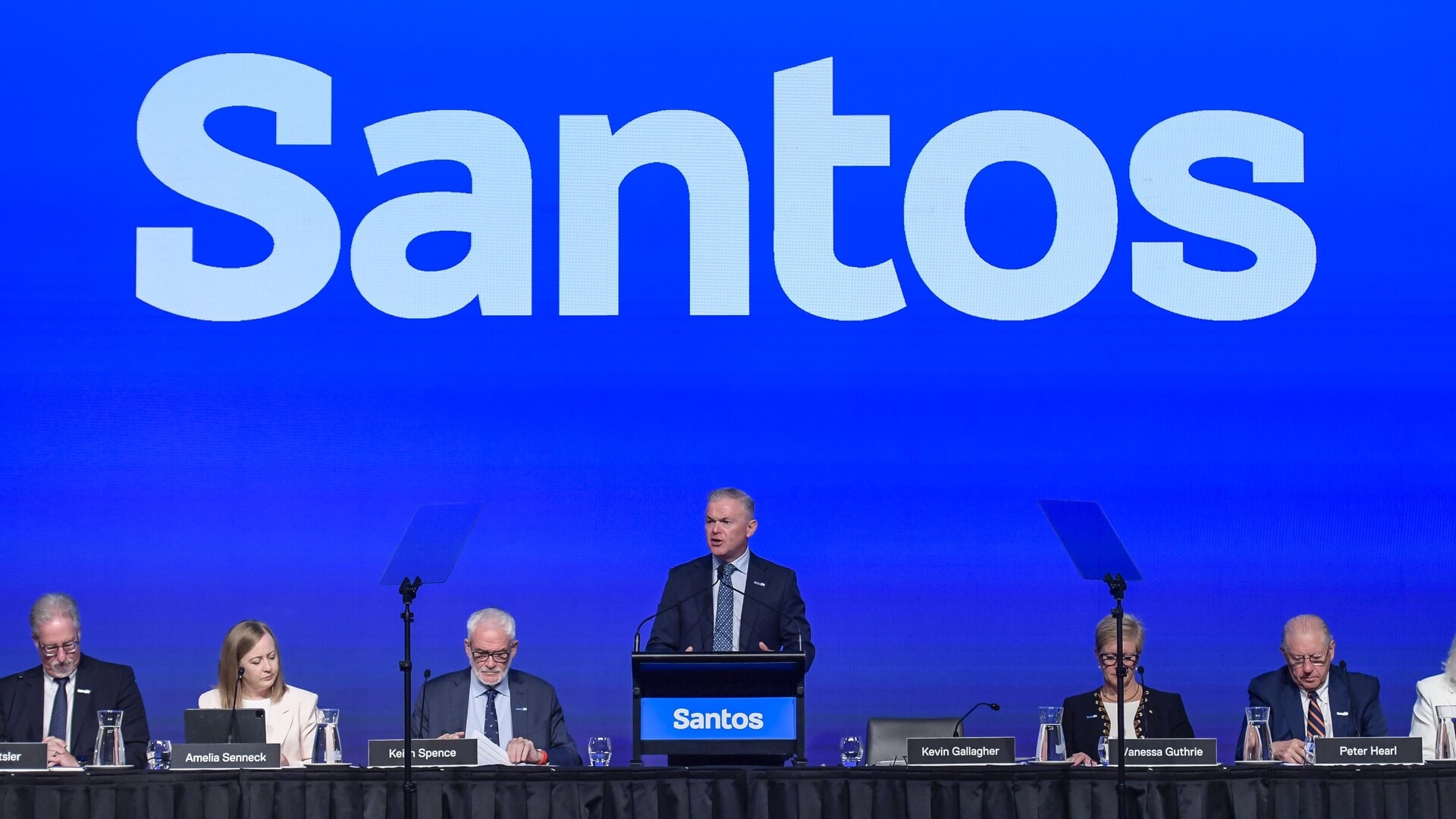
Business
Don't miss out on the headlines from Business. Followed categories will be added to My News.
Santos chief executive Kevin Gallagher has launched a blistering critique of Victoria’s energy policy, likening the state’s attitude towards investment to that of North Korea and warning that the state’s approach is indicative in why major projects are going offshore.
The remarks highlight mounting frustration within the resources sector over Victoria’s aggressive stance on fossil fuels, even as the state remains heavily reliant on gas to power industry and heat homes during its cold winters.
Victoria is the most gas-dependent state in the country, yet its policy settings have created uncertainty for investors, particularly as a major east coast gas shortfall looms.
Speaking at an oil and gas conference in Brisbane, Mr Gallagher said Victoria’s stance on gas development was indicative of why Santos would prioritise growth opportunities in Papua New Guinea and the US over those in Australia right now.
“If I think about Queensland, South Australia, Western Australia – these are very supportive, very development-friendly jurisdictions,” Mr Gallagher said. “Victoria? North Korea. They’re different altogether.”
While acknowledging the provocative nature of his comparison, Mr Gallagher quipped: “I’m going to get in trouble for that. I may have another coaching session coming up,” referring to media training he has previously undergone.
Industry experts and energy market analysts warn that, without new domestic gas developments, Victoria will be precariously exposed to east coast shortfalls that are expected to emerge from 2029 – though it could be sooner.
The state has banned new gas connections for homes and businesses from 2024 as part of its ambitious emissions reduction agenda, and it is pursuing one of the most aggressive renewable energy targets in the country.
With the decline of traditional sources such as the Bass Strait gas fields, Victoria’s reliance on imported liquefied natural gas (LNG) is expected to rise. Imported LNG would likely come at a premium compared with domestic supply, potentially placing further pressure on households and contributing to inflation.
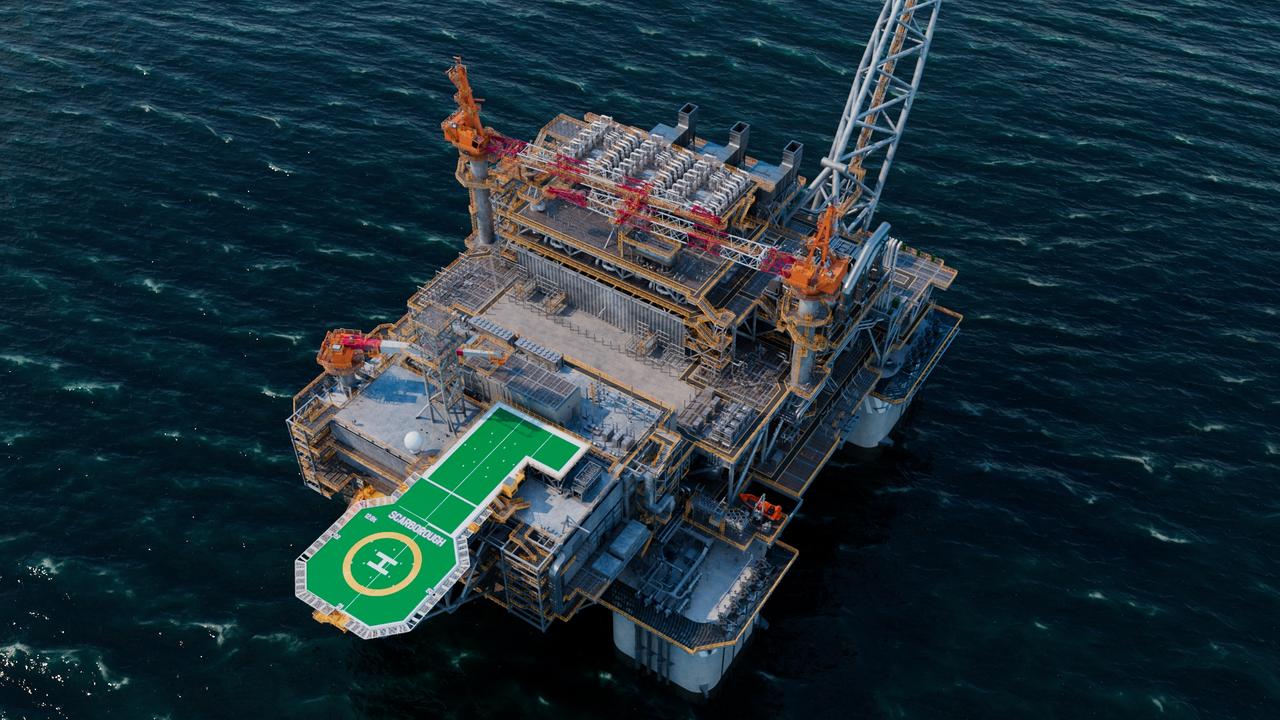
The tension between energy policy and investment certainty is not unique to Victoria, but Mr Gallagher’s comments are among the strongest to date from a major industry leader. Santos is one of Australia’s largest energy companies and a key player in the east coast gas market. It has for years been seeking approvals for its domestic Narrabri project in NSW that could be a major panacea for regional supplies – but the project continues to be held up by regulatory delays.
Mr Gallagher said Santos is ready to approve the project, but it still has not received approvals for supporting infrastructure it needs before it can proceed. Once that is secured, Mr Gallagher said it could produce first gas within three years.
But in a sign that Narrabri is well down Santos’s priority list, Mr Gallagher said regulatory issues and concerns about the government’s commitment to an LNG export industry would result in the company focusing instead on PNG or the US, where Santos has existing operations.
“If I had $1 to spend in PNG, Alaska or Australia today for the same project and with the same economic returns, it would be PNG or Alaska because I know that, when I get my project approved, and I start to spend serious dollars, I get to finish the project,” Mr Gallagher said.
His remarks echo a broader concern among business leaders that Australia risks losing its competitive edge in energy and resources if policy frameworks become too ideologically driven.
While Queensland and Western Australia have attracted billions in investment for gas developments and hydrogen projects, Victoria and to a lesser extent NSW are far less attractive.
Woodside, one of Australia’s largest energy gas companies, has in recent years committed billions of dollars to projects in the US – a pattern that senior industry sources say reflects the country’s declining appeal.
Woodside is poised to finish work on its $18.7bn Scarborough development but it struggled for years to secure approvals to extend the lifespan of its North West Shelf project. It has flagged developing a second LNG facility in WA but it continues to face environmental and regulatory pushbacks.
More Coverage
Originally published as Santos CEO likens Victoria to North Korea in attitude and appeal for investment




